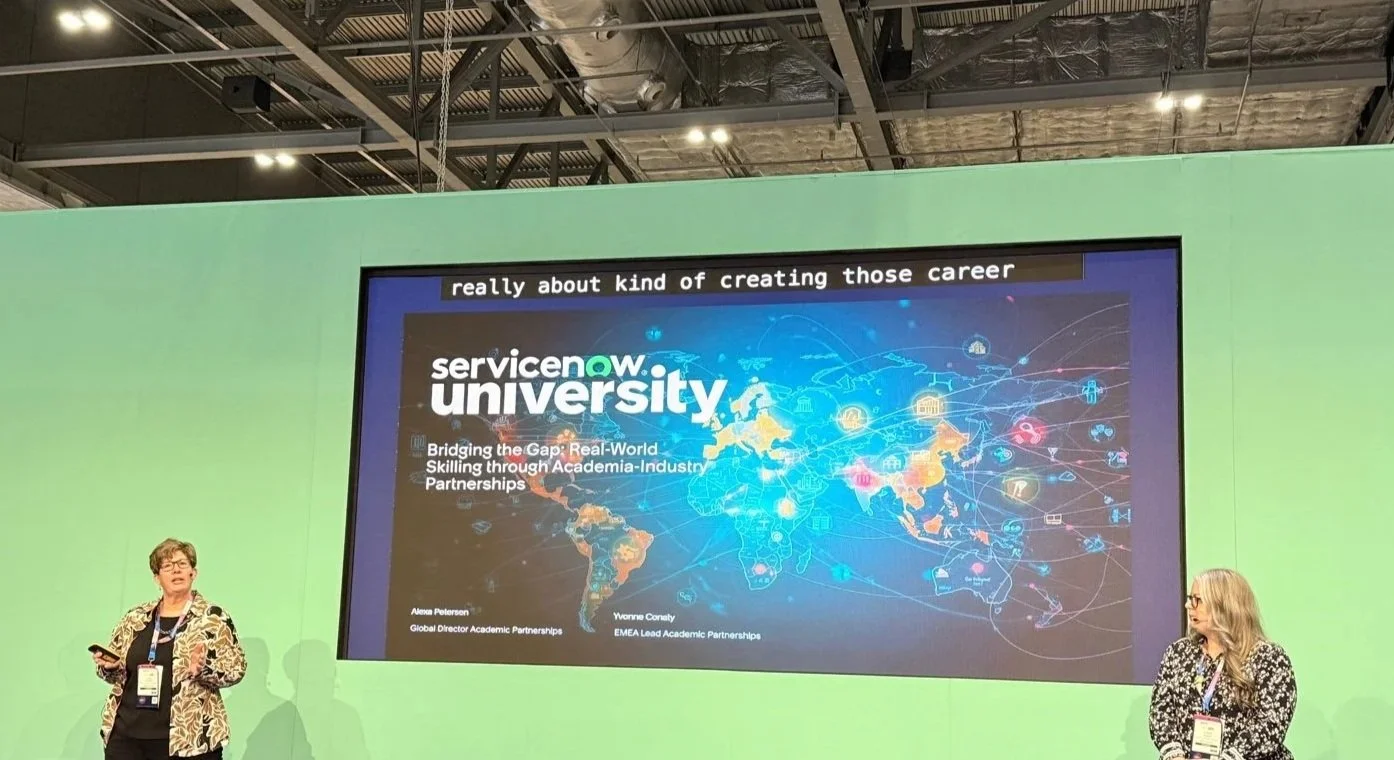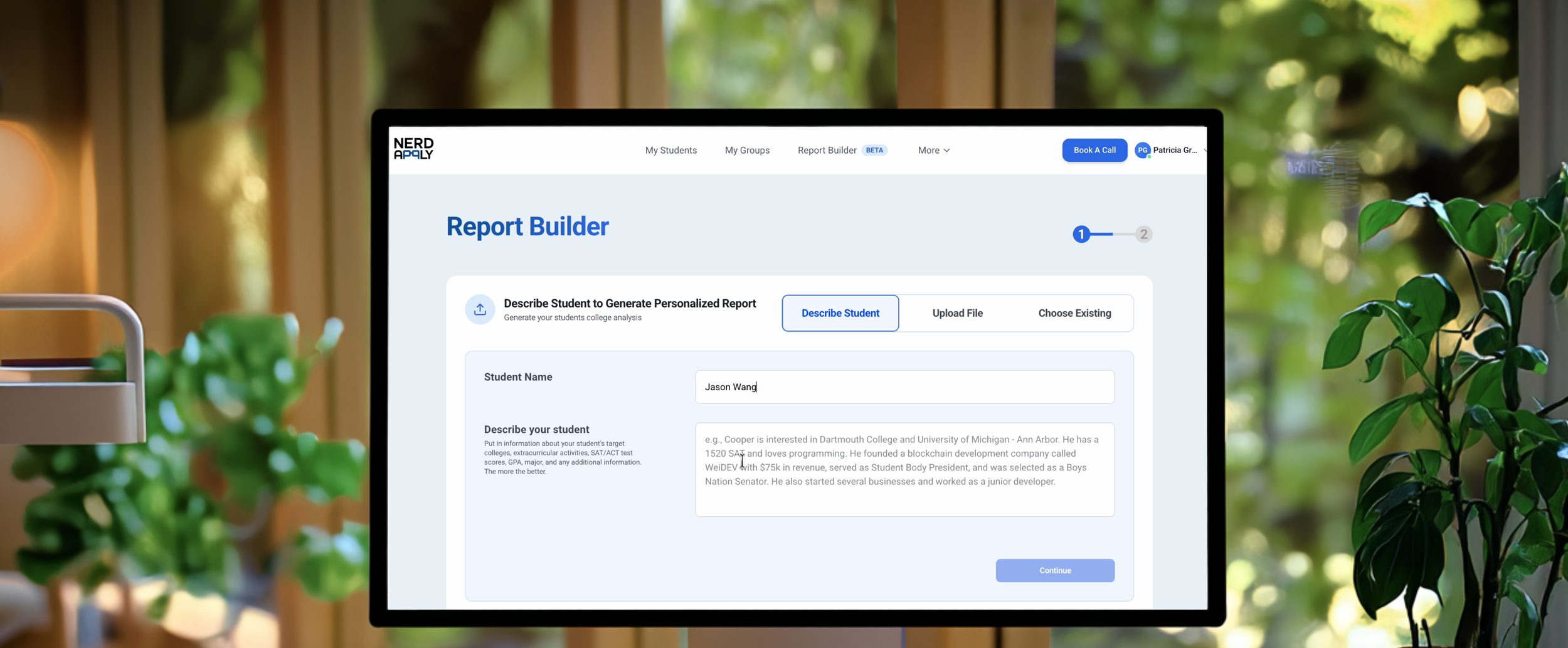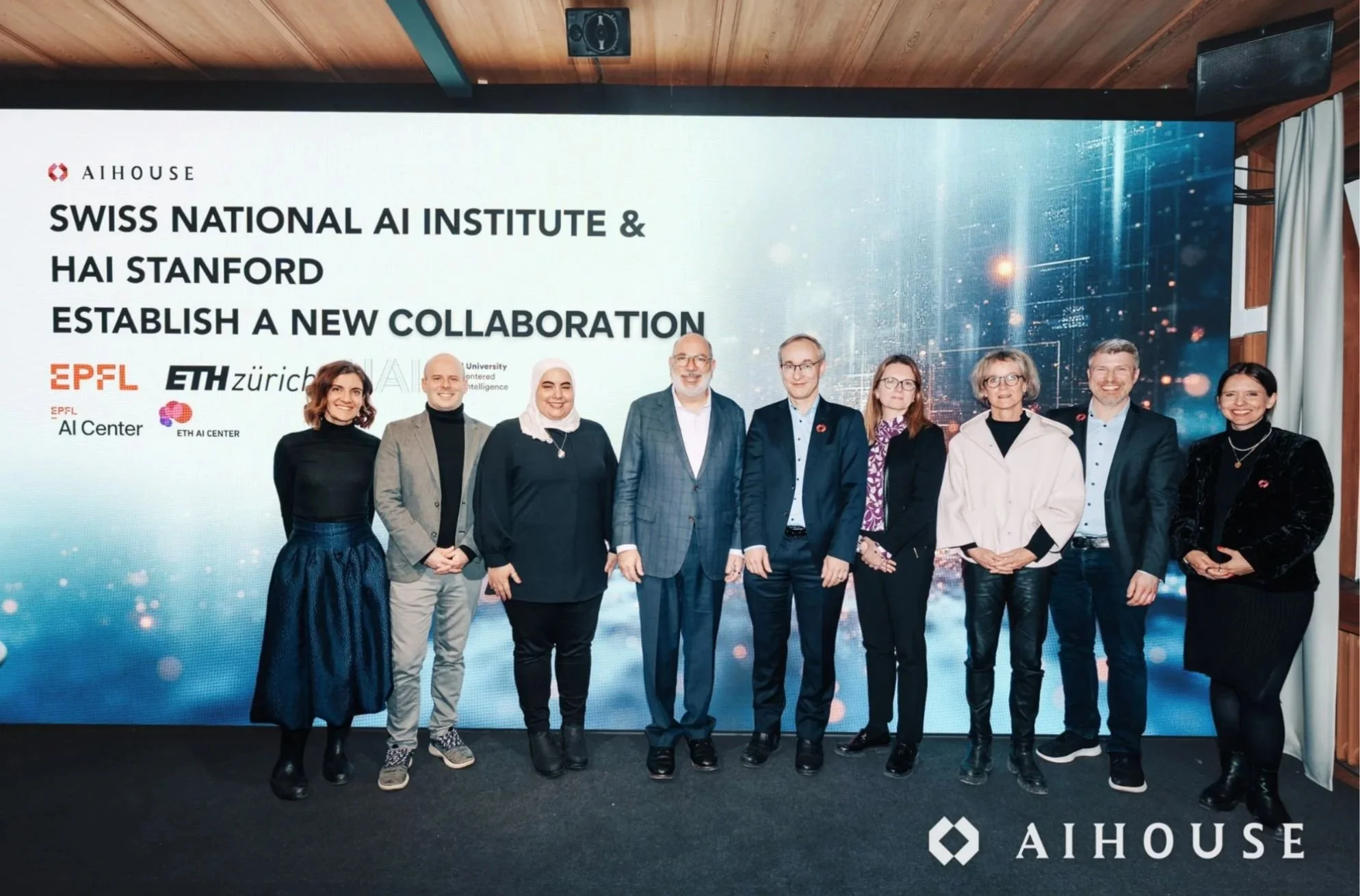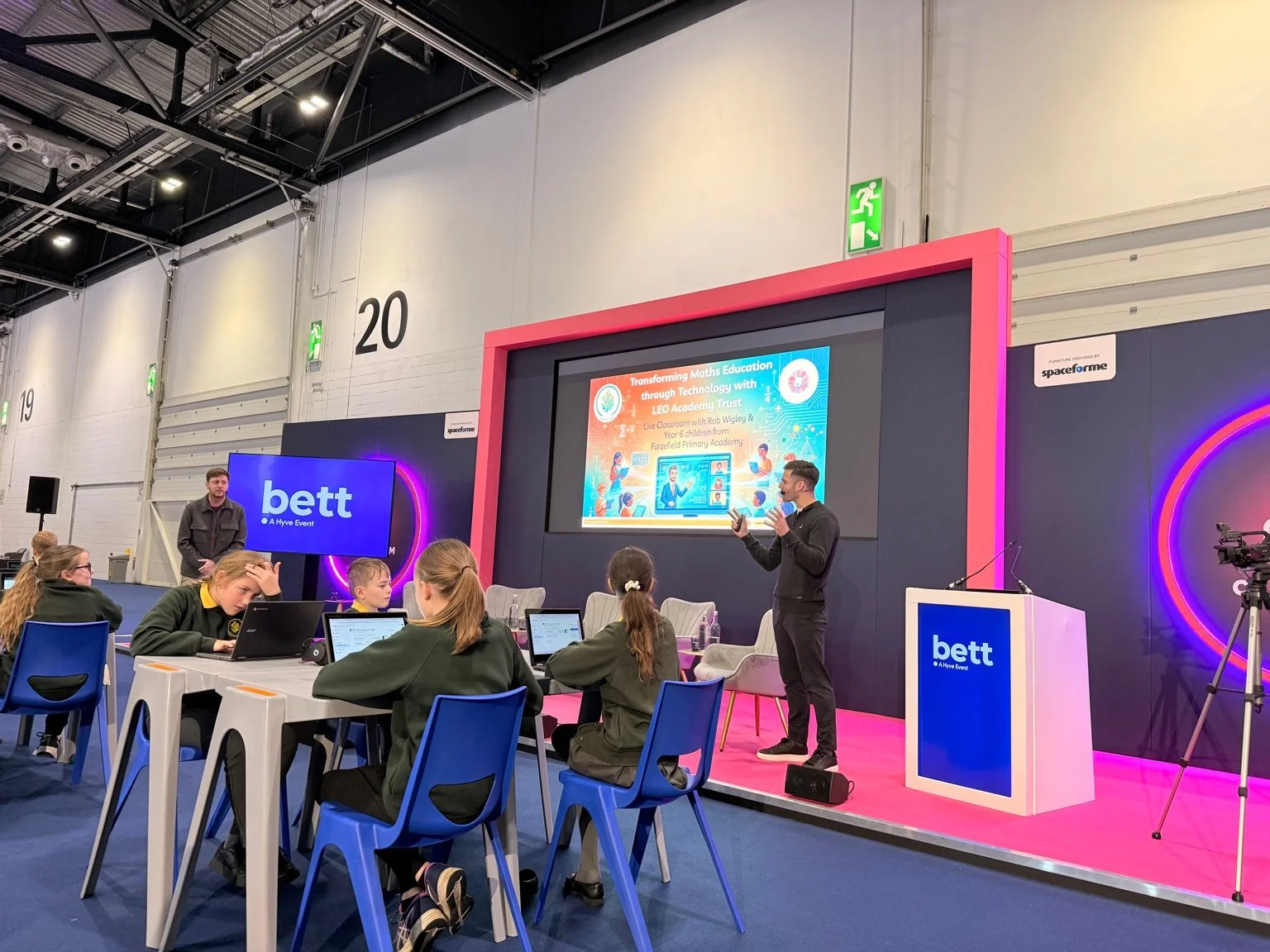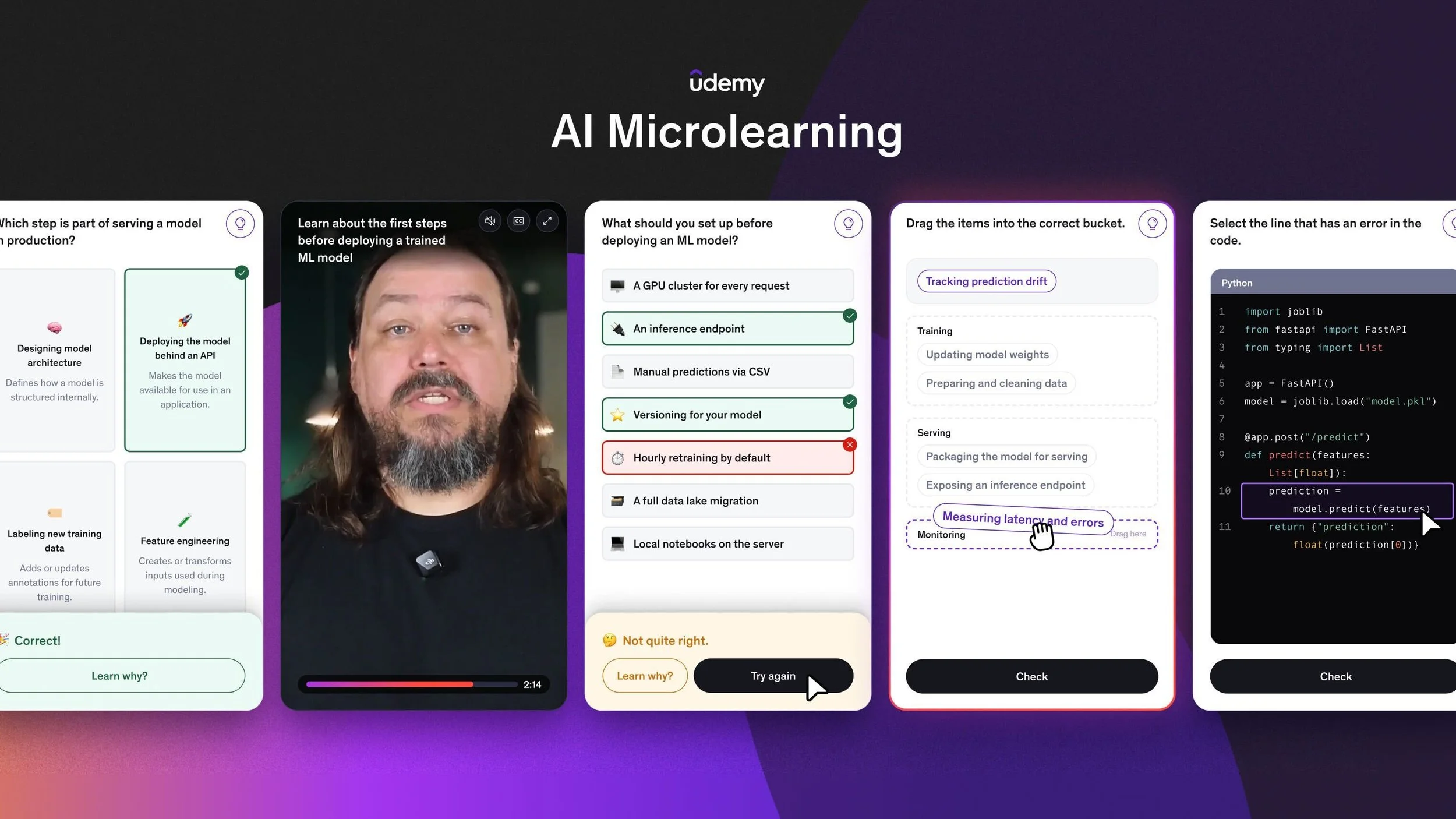SETDA report finds AI tops state EdTech priorities for first time as funding concerns grow
SETDA’s 2025 State EdTech Trends Report shows AI has overtaken cybersecurity as states’ top priority, while funding sustainability, device policies, professional learning, and cybersecurity remain key challenges.
The State Educational Technology Directors Association (SETDA) has released its fourth annual State EdTech Trends Report, developed with Whiteboard Advisors and supported by the Siegel Family Endowment.
SETDA is a nonprofit membership association representing U.S. state and territorial educational technology and digital learning leaders.
The report was distributed through SETDA’s website and press release, and also highlighted in a LinkedIn post by Ji Soo Song, Director of Projects and Initiatives at SETDA. Song wrote: “This year’s findings show we’re at a real inflection point for state leadership in K-12 edtech: AI is the top state priority for the first time, funding has emerged as the largest unmet need, and states are balancing device restriction policies with deeper investments in digital citizenship.”
AI becomes top state priority
For the first time, AI ranked above cybersecurity as both the number one state edtech priority and the top initiative. States report active work on guidance, professional learning, and frameworks to support the responsible use of AI in classrooms.
In her preface to the report, Sydnee Dickson, former Utah State Superintendent of Public Instruction, writes: “We are still in the early days of AI, and we are all those students in my classroom whose minds were blown by Pong.”
With federal pandemic relief funds now expired, sustainability remains a pressing challenge. Only six percent of respondents indicated they have plans to continue funding edtech initiatives previously supported by ESSER dollars, compared with 27 percent in 2024. State leaders cite uncertainty over federal Title funds and tightening state budgets as additional barriers.
Survey results show that three out of four states have either adopted or are considering policies restricting student device use in classrooms. While some pursue bans, others are pairing restrictions with initiatives on digital citizenship and media literacy.
Professional learning and cybersecurity
Professional learning remains both a top state priority and an unmet need, particularly for preparing educators to use AI responsibly. States such as Nebraska and Utah are spotlighted in the report for investments in scalable, high-quality professional development.
Cybersecurity, while no longer at the top of the list, continues to demand attention. Respondents noted shortfalls in funding for infrastructure and risk mitigation, with more than a third indicating minimal state investment in this area.
Julia Fallon, Executive Director of SETDA, comments: “The rise of AI as a top state priority reflects just how quickly the education landscape is evolving. But what stands out in this year’s report is the through-line of commitment: state leaders are not chasing trends, they are developing policy and building frameworks that protect students, empower educators, and make technology a true driver of equity and impact. This is the work of system change, and states are leading the way.”
The ETIH Innovation Awards 2026
The EdTech Innovation Hub Awards celebrate excellence in global education technology, with a particular focus on workforce development, AI integration, and innovative learning solutions across all stages of education.
Now open for entries, the ETIH Innovation Awards 2026 recognize the companies, platforms, and individuals driving transformation in the sector, from AI-driven assessment tools and personalized learning systems, to upskilling solutions and digital platforms that connect learners with real-world outcomes.
Submissions are open to organizations across the UK, the Americas, and internationally. Entries should highlight measurable impact, whether in K–12 classrooms, higher education institutions, or lifelong learning settings.
Winners will be announced on 14 January 2026 as part of an online showcase featuring expert commentary on emerging trends and standout innovation. All winners and finalists will also be featured in our first print magazine, to be distributed at BETT 2026.











